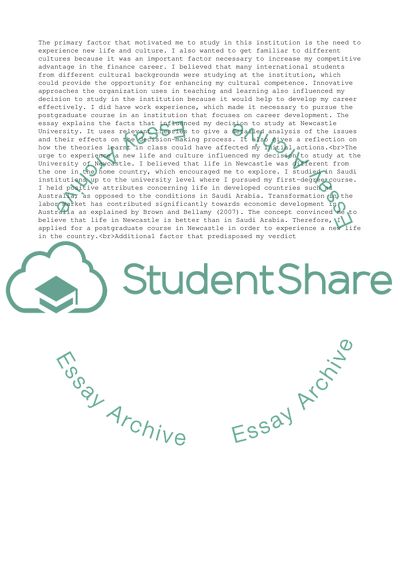Cite this document
(Personal Case Study /Reflection Essay Example | Topics and Well Written Essays - 2000 words, n.d.)
Personal Case Study /Reflection Essay Example | Topics and Well Written Essays - 2000 words. https://studentshare.org/education/1874978-personal-case-study-reflection
Personal Case Study /Reflection Essay Example | Topics and Well Written Essays - 2000 words. https://studentshare.org/education/1874978-personal-case-study-reflection
(Personal Case Study /Reflection Essay Example | Topics and Well Written Essays - 2000 Words)
Personal Case Study /Reflection Essay Example | Topics and Well Written Essays - 2000 Words. https://studentshare.org/education/1874978-personal-case-study-reflection.
Personal Case Study /Reflection Essay Example | Topics and Well Written Essays - 2000 Words. https://studentshare.org/education/1874978-personal-case-study-reflection.
“Personal Case Study /Reflection Essay Example | Topics and Well Written Essays - 2000 Words”. https://studentshare.org/education/1874978-personal-case-study-reflection.


